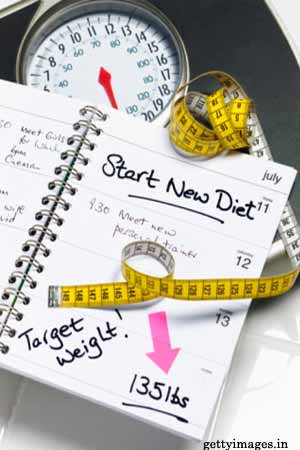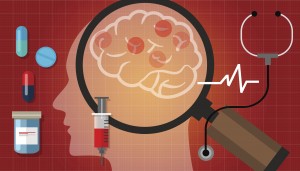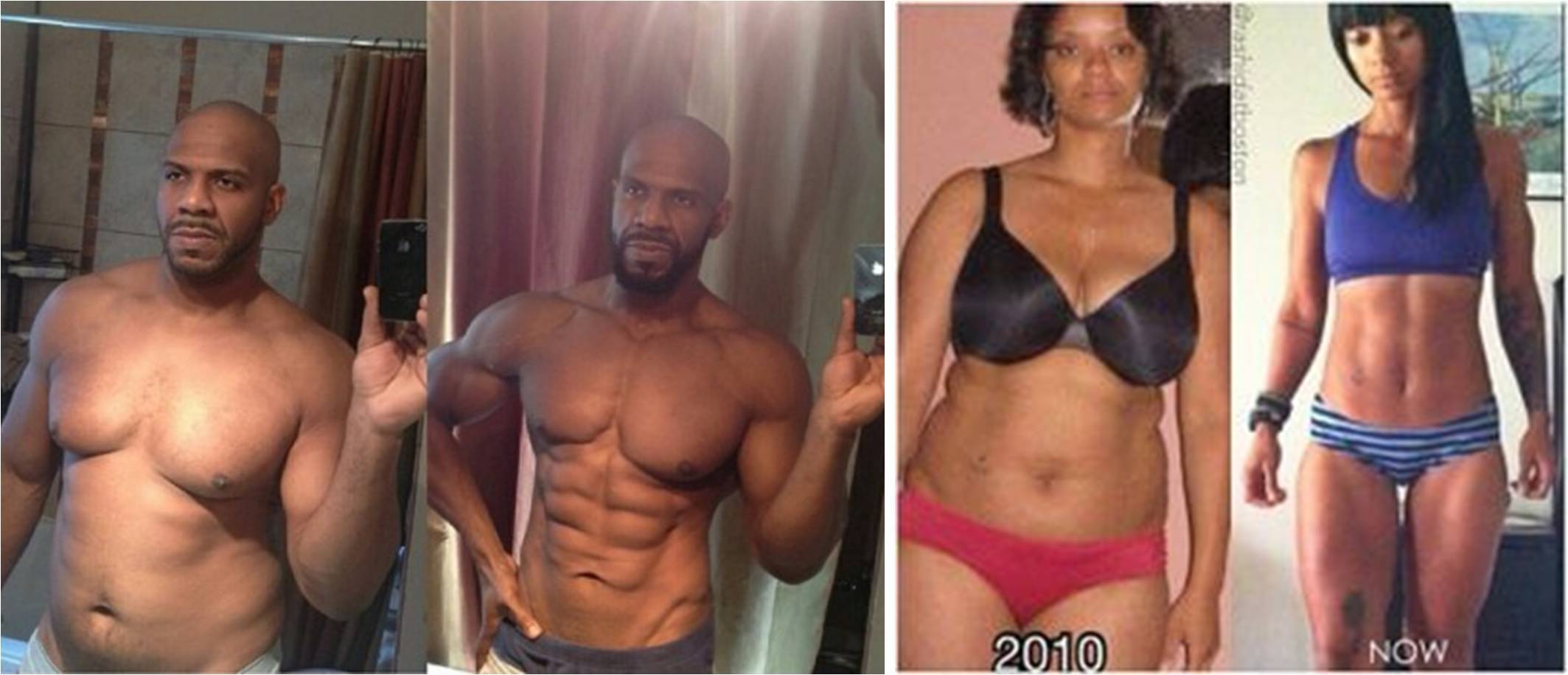Timeless Fitness
Individuals are already living longer than before. Did you know that people over the age of 85 are now the fastest growing segment of the U.S. population? As a physical therapist and personal trainer based in New Jersey, I work with several individuals aged 60 and older and I am often motivated to live life to the fullest by my own senior clients.
These senior citizens leave no stone unturned when it comes to health and well-being. Here are some steps you can take to help you live longer and healthier - even if you're already older or ailing. And if you're younger, even lots younger, that's even better. You increase your chances of living longer, feeling healthier and younger that much more.
MYTH #1: Getting older means illness and disability
Truth: Several major diseases that often occur in older people ?most common are coronary heart disease and stroke - have become less common over the last 20-30 years. The percentage of disabled people over age 65 has dropped significantly in the last 17 years. In fact, 75% of people age 75-84 report no disability. The risk of disease does increase with age, partly because body weight, blood pressure, cholesterol, and blood-sugar levels tend to increase, and bone density and immune function tend to decline.
It is interesting to note that studies of twins indicate that only about 1/3 of the loss of physical function is attributed to heredity; the rest is from poor health habits. If people practiced good habits, the average life span could soar from the current 76 years to 100 years.
The key is regular exercise. Strength training (critically important), daily aerobics, and flexibility, not only keeps you free from disease, but fit, strong, limber, and looking great as you age. Studies have shown that 70-year old men who had done strength training since middle age were just as strong, on average, as 28 year olds who hadn't.
MYTH #2: Why bother trying to protect my health now? The damage is already done.
Truth: Even older people who take the steps NOW to protect their health can add years to their lives - and live those years with less disease and disability. Nature is very forgiving, so take advantage of it! Older individuals who start aerobic exercise can boost their aerobic fitness by the same 10-30% as younger people can. People who start strength training in their 80's & 90's can double or triple their strength levels in just a few months. Reduce your cardiovascular disease risk in half. Reduce your cholesterol. Reduce your cancer risk. Reduce diabetes risk. Lose weight. Lose fat. Keep your metabolism younger, longer. Control arthritis. Ward off osteoporosis. The list goes on.
Appropriate medical intervention, like hearing aids, cataract surgery, surgery for arthritics - can fend off disability, and may even prolong life.
MYTH #3: Getting old means becoming the absent-minded professor.
Truth: Alzheimer's affects 20% of people by age 80; but that means 80% of 80-year olds don't have it. The normal mental decline is milder than what most people think. Processing information is modestly different, and there's little decline in recall. Plus, the mental decline is preventable or reversible. If you don't use it, you lose it. Physically fit people react to mental challenges just as quickly as unfit people, even 20-30 years younger. This seems to be because exercise boosts blood flow, feeding your brain. Mental exercise can keep you sharp for a long, long, long time. Learn a new language or skill. Play strategy games that make you think - chess, bridge. Keep those neurons firing to keep you sharp.
MYTH #4: I'm going to be sad, lonely, and unproductive when I'm older.
Truth: Studies have shown that older people are less likely to report negative feelings - depression, hopelessness, or anxiety - than middle-aged or younger people. The depression you hear about stems from nursing homes and the number of residents is declining too. Many older individuals are still active: 1/3 has a paying job, 1/3 volunteer, and most engage in a meaningful activity or hobby. Staying "connected" is very important; socially active people live longer.
People are living longer than ever, with less disease and disability. It's never too late to improve your physical and mental health. Most people do not suffer from dementia. Stay physically and mentally active. If you don't use it, you lose it. Maintain strong social ties. Get active with a hobby, or volunteer.
-
New Findings are a Major Motivator for Men to Lose Weight
Heres another reason for men to avoid packing on extra pounds over
-
Know Youll Be Happy With The Results Before Starting Your Diet
I received an email through my web site the other day.Karen asks, I ne
-
The 9 Best Resolutions For Your Health (And Happiness)
New Year’s resolutions. We know you’ve made a few. Like
-
Weight loss- The Five Things I Consider To Be The Most Important
Doctors and Health professional recommen
-
Seniors with diabetes can lower knee pain with diet and exercise
Researchers at the University of Delaware have discovered that
-
BMI Calculator
To estimate your BMI, enter your height and weight below, then
- DON'T MISS
- How To Access The Real Mayo Clinic Weight Loss Diet
- Manage Diabetes the Natural Way
- Atkins Diet Is It As Effective As They Say
- Dieting The Frugal Way
- Kick That Slow Metabolism Into Gear With These 3 Simple Fat Burning Tips
- For low back pain, early physical therapy shows modest pain relief benefit
- Still Feeling Hungry After Dinner? Find Out Why!
- NutriSystem Food For Women
- Weigh in With Jen: Part 5 – Starting on Weight Watchers
- Paleo Diet Food List – The Ultimate Guide To Paleo




